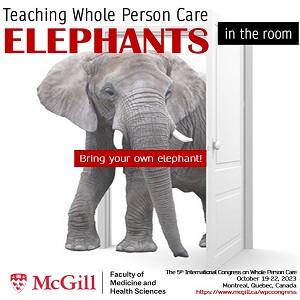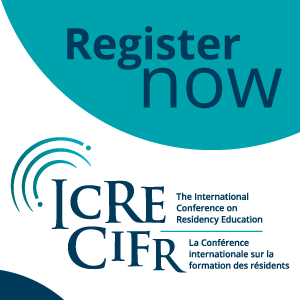The Voluntariat: A Freirean framework to understand the nature of undergraduate international (medical) experiences
DOI:
https://doi.org/10.36834/cmej.36881Keywords:
international volunteering, voluntourism, globalization, medical education, voluntariatAbstract
Despite literature documenting limited and asymmetrical benefits along with ethical issues, short-term international volunteering is increasingly popular among North American university students as a perceived advantage when applying to professional healthcare schools or the job market. Academic institutions are also encouraging students to pursue international experiences in order to cultivate values as global citizens. These experiences are most typically limited to economically privileged students. Furthermore, international activities in developing countries often lack a pedagogy of social justice and may confirm a simplistic understanding of development. Brazilian educator Paulo Freire’s “liberation pedagogy” provides a framework for understanding the limitations of international volunteering, whereby the presence of privileged volunteers implementing Western models of development may hinder aspects of local movements. Regardless, university students face intense competition in accessing opportunities, such as medical school, and pay large sums to participate in volunteering to strengthen their academic credentials. We propose that these students form “the voluntariat.” They simultaneously play two roles by, first, contributing to the conditions that oppress the very communities in which they volunteer and, second, by playing a role as objects of oppression by the liberal institutions of learning and employment to which they are attempting to gain access.
Metrics
Downloads
Published
How to Cite
Issue
Section
License
Submission of an original manuscript to the Canadian Medical Education Journal will be taken to mean that it represents original work not previously published, that it is not being considered elsewhere for publication. If accepted for publication, it will be published online and it will not be published elsewhere in the same form, for commercial purposes, in any language, without the consent of the publisher.
Authors who publish in the Canadian Medical Education Journal agree to release their articles under the Creative Commons Attribution-Noncommercial-No Derivative Works 4.0 Canada Licence. This licence allows anyone to copy and distribute the article for non-commercial purposes provided that appropriate attribution is given. For details of the rights an author grants users of their work, please see the licence summary and the full licence.











